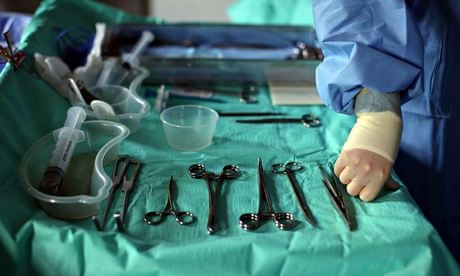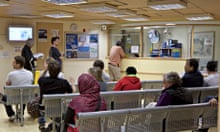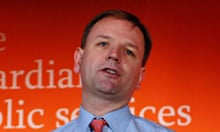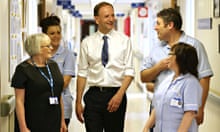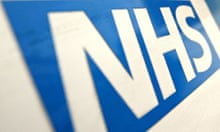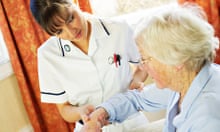A care and cash crisis is sending the NHS bust. In its present form, a shortfall of £30bn a year, or more, is expected by 2020. Paying off the nation's deficit means five more years of further deep public expenditure cuts, whoever is in government. So, over-protecting an outdated, cosseted and unaffordable healthcare system inevitably means starving other vital public services, unless we choke off economic growth and worsen the cost of living with big tax increases. That might be worth contemplating if the NHS was offering brilliant care. But it isn't.
Just look at the thousands of frail elderly people who get the care they need only by queuing in A&E and spending weeks in hospital – the most expensive and often the worst way to look after them. And let's not forget that the NHS is sleepwalking through an obesity epidemic.
These are truths hidden from public view. Many politicians and clinicians are scared to tell people that our much-loved 65-year-old NHS no longer meets the country's needs. Frankly, it is often poor value for money, and the greatest public spending challenge after the general election.
We can fix the problems but it will take a full parliament of continuous political, professional and managerial effort. This requires political leadership of change, not micro-management of inevitable decline, backing Simon Stevens as he takes over this week as NHS England's new chief executive.
First, we have to shift services closer to home. Elderly people, those with chronic conditions, mental health problems and health-damaging lifestyles must cease to be NHS second-class citizens until they finally land up as sick refugees in our expensive acute hospital system. That will mean merged health and social care, funded by health and wellbeing boards, co-ordinated from refashioned community hospitals, converted into 24/7 hubs for comprehensive community services supported by consolidated GP practices.
Our specialist hospital services should be concentrated in fewer, safer, better-equipped and more expert centres with 24/7 consultant cover and improved transport links. That will save lives and money: similar consolidation of stroke care in London is saving 400 lives a year and £800 per patient because they recover quicker. MPs taking to the streets to preserve clinically unsustainable hospital services only damage their constituents.
A new integrated "National Health and Care Service" would pioneer a "co-producing" health partnership between state and citizen, with annual personal health MOTs agreeing responsibilities over the year for both services and the individual. At the heart of this relationship would be an NHS membership scheme, charging £10 a month (with some exemptions) collected through council tax for local preventative services to help people stay healthy.
This is one of several new funding streams urgently needed to renew impoverished parts of our care system but preserving a mainly tax-funded NHS that is largely free at the point of use. We have to escape the constraints of general taxation if we want a decent system.
But the NHS must also do more for less by aggressively tackling its own inefficiency, particularly its use of fixed assets. A quarter of its cautiously valued £30bn estate is underused and could be sold or exploited commercially. The NHS could realise recurrent savings of £10bn-£18bn if it operated efficiently, according to the regulator, Monitor – these savings could deliver a £15bn service transition fund for improved community-based services. Health and care should be on a flat, inflation-proofed budget until 2020 with any additional increases coming from new revenue sources. We propose hypothecated, tougher taxes on tobacco, alcohol, sugary foods and drinks and gambling, ringfenced only for health and care spending.
Just 3.5% of the annual 500,000 deaths lead to payment of inheritance tax. We must expect the elderly, after their deaths, to contribute more. NHS free entitlements, such as continuing care, could be reduced or means-tested and hotel costs in hospital charged, as in France and Germany.
We must start a big conversation about saving a pooled-risk NHS, funded largely from taxation that improves people's prospects of living longer and healthier lives. We can have a system that is affordable, that transforms rather than shuts hospitals and avoids another giant reorganisation. We need our political and professional leaders to help us face uncomfortable truths rather than presiding silently over the current miserable decline.
